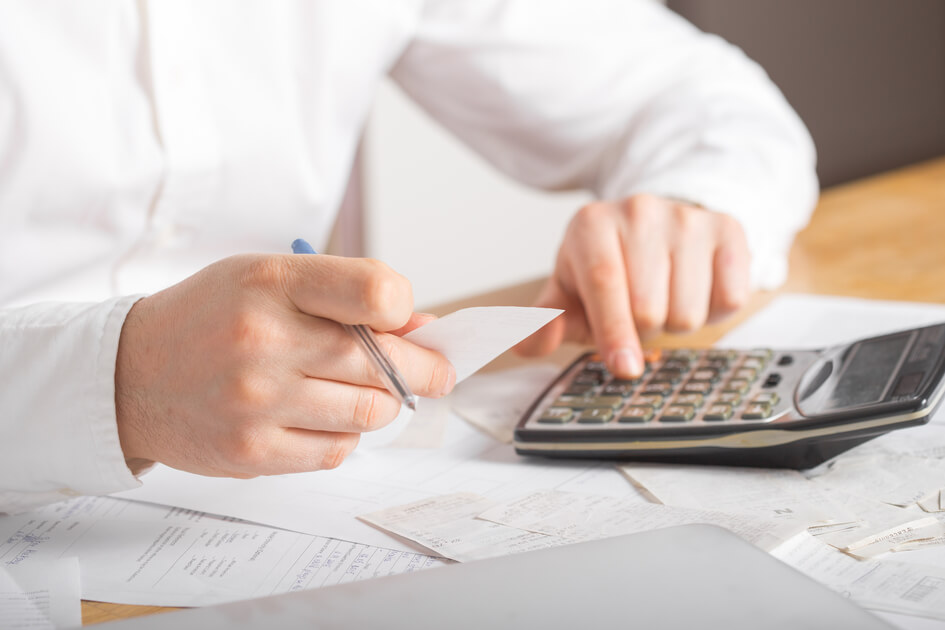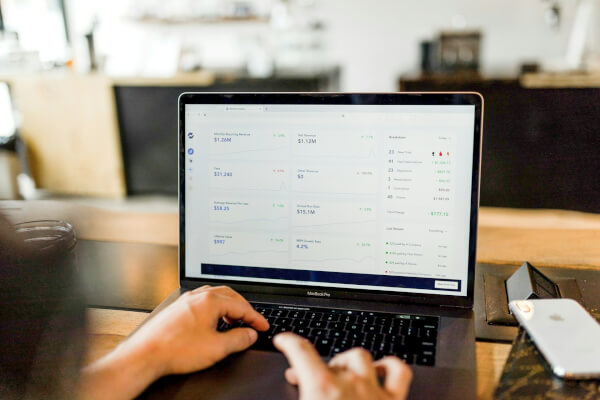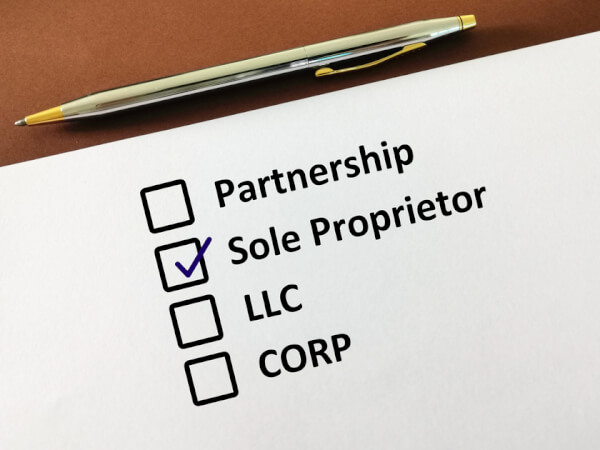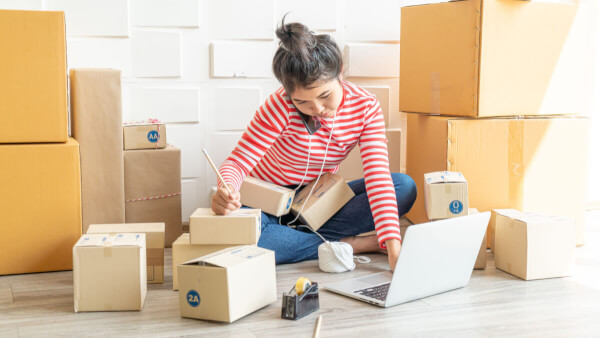Bank Reconciliation in Singapore: A Guide for Business Owners
New to bank reconciliation? Here’s why it is important for your business and a step-by-step guide to ensure accuracy of your financial records.

The Goods and Services Tax (GST) rate in Singapore was increased to 9% on 1 January 2024. While it doesn’t sound significant, it can add up to your costs quickly and can reduce your business’s competitiveness in the global markets, especially if you operate in an industry with price-sensitive clients.
But, there’s good news. Did you know that there’s a tax structure that lets you apply 0% GST and get a refund on taxes related to your business expenses?
In this article, we’ll break down zero-rated GST, share how it’ll give Singapore business owners an edge in the market, how you can qualify for it, and more. We’ll also share how you can save even more on cross-border transactions with Wise Business’s low foreign currency conversion fees and no hidden exchange rate markups.
| Table of contents |
|---|
Zero-rated GST is a structure under the GST scheme where 0% GST rate can be applied to specific goods or services whenever they are sold. This scheme applies solely to businesses, allowing your business to skip payment on GST for your sales and recover any input tax incurred on the expenses related to zero-rated GST supplies¹.
Zero-rated GST allows Singapore businesses to efficiently reduce costs, offer more attractive pricing to international customers, and remain competitive in the global markets.
Not every good or service is eligible for zero-rated GST. Some supplies do not allow any input tax recovery even though they are exempt from GST. As a Singapore business, you should take note of the differences to ensure that your business remains compliant with Singapore’s tax system.
Zero-rated supplies refer to goods and services that are taxed at 0% and allow businesses to claim input tax on their related expenses¹. Your business must be GST-registered in order to qualify for zero-rated GST.
| ➡️ Check out our quick guide on how to register for GST in Singapore. |
|---|
Exempt supplies refer to goods or services that are taxed at 0% but do not allow any input tax claims².
To help you gain a better understanding of zero-rated supplies and exempt supplies, we have summarised their differences below.
| Zero-Rated Supplies | Exempt Supplies | |
|---|---|---|
| Tax Treatment on Sales | 0% | 0% |
| Eligibility to Claim Input Tax | Yes | No |
| GST Registration Status | Must be GST-registered | Do not have to be GST-registered |
| Examples | Exported goods, international services | Financial services, sales, or rental, or residential property |
*Details checked on 27 Aug 2025
There are two key types of zero-rated supplies in Singapore¹. Here’s what you should note for each type.
Exported goods refer to goods sold to customers located outside Singapore. These goods should be exported within 60 days from the invoice date or receipt of payment, whichever is earlier. Always ensure that you keep clear export records such as commercial invoices, customs permits, shipping documents, and airway bills³.
The following items fall under the exported goods zero-rated supplies category:
Direct exports refer to goods where your business owns custody of or controls the entire export process. Such goods can be treated as zero-rated supplies, and you must keep the necessary records and documents.
Indirect exports refer to goods where your business does not own custody of or control the export process. Indirect exports will be taxed at the prevailing GST rate, with the exception of goods with required documents to support their zero-rating.
Hand-carried exports refer to goods that are hand-carried out of Singapore via Changi International Airport. These goods fall under the Hand-Carried Export Scheme (HCES) and will require an export permit that can be obtained via TradeNet.
| ➡️ Read our guide on export permits to learn how to apply for one. |
|---|
The goods will have to be presented for inspection at Changi International Airport along with supporting documents, which include a valid export permit, supporting invoice, and a boarding pass or air ticket.
Such supplies refer to stores, fuel, merchandise sold onboard, or goods used in the installation, maintenance, or operations of aircraft and ships.
If your business provides services to clients overseas, you may also be eligible for zero-rated GST.
On top of having documentation to prove that your client is located outside Singapore, or that your service is performed outside the country, you should also note that zero-rated GST is only applicable to certain types of services. For example, if you are an event management company registered in Singapore, but are organising an event in Malaysia, the contract for the Malaysia event can be zero-rated if the service is performed wholly in Malaysia.
Here are some of the common services that qualify for zero-rated GST:
| 💡Whether you're handling one-off invoices, recurring payments, or mass payouts, Wise Business makes it easy to simplify your financial operations and maximise profits. |
|---|
➡️Start Paying Overseas Invoices for Less with Wise Business
You should ensure that your business remains compliant with GST regulations while you are claiming input tax. Here are the key pointers to note:
While every zero-rated supply has its own unique conditions, these are key requirements you must abide by:
You should check with the Inland Revenue Authority of Singapore (IRAS) if you are unsure whether your international transaction meets all the qualifications.
Always maintain accurate and complete records of all transactions. Keep a copy of tax invoices, contracts, proof of payment, proof of exports, and any other supporting documents related to the sales of zero-rated supplies. In the event of incomplete documents, your claims may be disallowed during audits.
If your business is making eligible zero-rated supplies, and your input tax exceeds the output tax of your sales, you can claim a GST refund from IRAS.
These are the steps you should take to request a refund:
You should note that IRAS conducts thorough checks on the legitimacy of GST refund claims. Your business’s GST filings, tax figures, export timeframes, service contracts, and related documents will be scrutinised during the process. As such, you should ensure that your business remains compliant with zero-rated GST regulations.
Here are some practical tips to ensure that you remain compliant with IRAS’ requirements:
Always maintain accurate and organised records related to your zero-rated GST transactions. These documents should be retained for at least five years⁹.
File your GST returns on time to ensure that you do not miss the window. You should also respond to any follow-up queries promptly to ensure that your claims can be processed smoothly.
GST refund errors can lead to penalties and fines. Businesses are given a year to correct any errors, but should always be vigilant. Here are some common mistakes to avoid:
You should always keep abreast of IRAS guidelines to ensure that your business remains compliant with the latest requirements. A simple way to do so is to rely on tax experts or have an employee be on the lookout for any changes in IRAS’ guidelines periodically.
Exported goods and selected international services such as financial services, consultancy services, and international transport may qualify for zero-rated GST.
To claim input tax on zero-rated supplies, your Singapore business must fulfil the following criteria:
Zero-rated GST allows Singapore businesses to reduce costs, protect margins, and remain competitive internationally. However, you should note that there are clear regulations governing zero-rated supplies in Singapore, and it is the business owner’s responsibility to ensure that their businesses remain compliant.
While zero-rated GST helps reduce costs on eligible supplies, Singapore businesses still have many expenses to deal with.
High foreign currency conversion fees and hidden exchange rate markups are often the most significant, yet overlooked, costs for local companies making high-volume or frequent transactions with overseas suppliers and contractors.
 | Wise Business helped Axpara's Founder, Keith Tan save over SGD 50K annually by eliminating hidden exchange rate markups. It also enabled him to halve his finance team, reallocating staff to strategic roles. |
|---|
Sources:
Sources checked on 15 September 2025
*Please see terms of use and product availability for your region or visit Wise fees and pricing for the most up to date pricing and fee information.
This publication is provided for general information purposes and does not constitute legal, tax or other professional advice from Wise Payments Limited or its subsidiaries and its affiliates, and it is not intended as a substitute for obtaining advice from a financial advisor or any other professional.
We make no representations, warranties or guarantees, whether expressed or implied, that the content in the publication is accurate, complete or up to date.

New to bank reconciliation? Here’s why it is important for your business and a step-by-step guide to ensure accuracy of your financial records.

Compare the top accounting software for small businesses in Singapore. See features, pricing, and how to simplify finances with Wise Business.

Explore whether sole proprietors in Singapore can hire employees or work with independent contractors, as well as business expansion options.

Discover how to calculate your gross and net burn rates, what makes a good burn rate and how to use it to improve your business.

Learn how sole proprietorship tax works in Singapore, from rates to deductions — plus tips to avoid penalties and stay compliant with IRAS.

Compare top expense management software for Singapore businesses. Learn how they work and what to look out for when choosing one for your company.